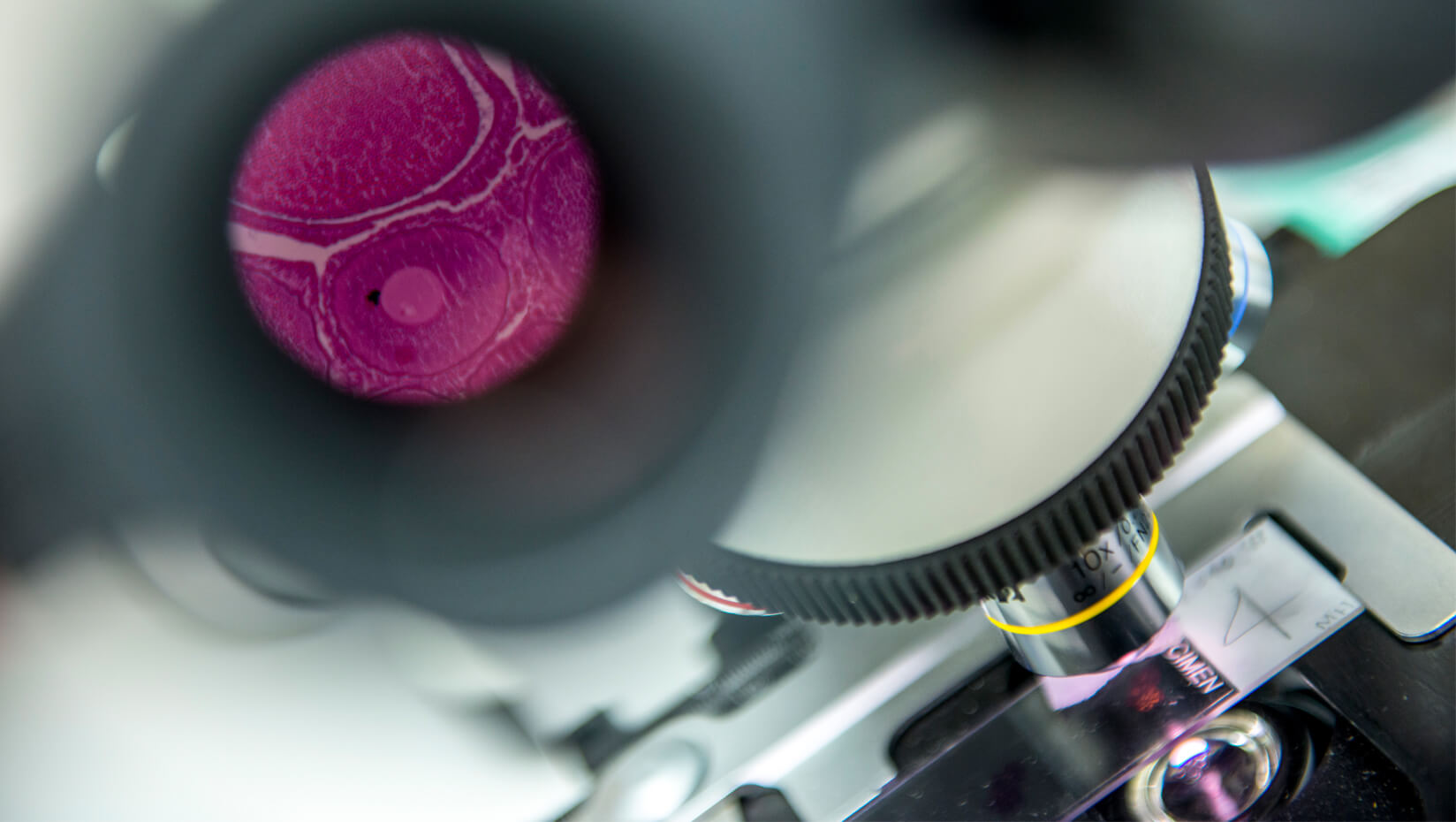
Three more UMaine students earn prestigious NSF graduate fellowships
Three University of Maine graduate students have received a National Science Foundation Graduate Research Fellowship, which recognizes outstanding graduate students in NSF-supported science, technology, engineering and mathematics disciplines.
The three fellows awarded in 2016 — incoming students Anna McGinn and William Kochtitzky in the Climate Change Institute and School of Earth and Climate Sciences, respectively, and Kit Hamley in the Climate Change Institute — join two others at UMaine — Anne Marie Lausier, civil and environmental engineering, and Karen Stamieszkin, marine sciences. Five is the largest number of students to be awarded concurrent NSF Graduate Research Fellowships in UMaine history.
For the 2016 competition, NSF received close to 17,000 applications and made 2,000 award offers. The fellowship, which has been directly supporting graduate students in STEM fields since 1952, provides a three-year annual stipend of $34,000, plus $12,000 for tuition and fees and myriad opportunities for international research and professional development.
Short profiles of UMaine’s NSF Graduate Fellows:
Anna McGinn
Anna McGinn is a first-time fellow and incoming master’s student in the Climate Change Institute and the School of Policy and International Affairs. For her project, she hopes to evaluate the elements that make up a conflict-sensitive adaptation project and what the necessary steps are to implement conflict-sensitive projects in countries vulnerable to both climate change and conflict. She plans to travel to West Africa, Mozambique and Egypt to conduct a case study looking at projects currently under implementation and how they may impact the surrounding community. McGinn received her B.A. in environmental studies from Dickinson College in 2014, where she focused on climate change, environmental justice and climate vulnerability.
William Kochtitzky
William Kochtitzky is a first-time fellow and incoming master’s student in the School of Earth and Climate Sciences. His undergraduate thesis focused on the volcanic and glacial evolution of the Nevado Coropuna Ice Cap, which sits atop a dormant volcano in the southern Peruvian Andes. The ice cap provides water resources to surrounding communities for drinking water, electricity and agricultural production. His project, in collaboration with the Peruvian Volcano Observatory, is changing regional hazard assessment and resource water planning in southern Peru. Kochtitzky received his B.S. in Earth sciences from Dickinson College in May 2016.
Anne Marie Lausier
Anne Marie Lausier is a continuing fellow and master’s student in civil and environmental engineering. Her research focuses on the inclusion of stakeholder equity considerations in water management and decision-making. She is currently assessing case studies of the Integrated Water Resources Management (IWRM) framework and identifying features that contribute to or retract from achieving an environmental stewardship approach. Her goal is to help facilitate the movement of water policy closer to sustainability in a changing environment. Lausier was awarded an NSF graduate fellowship in 2014. Before attending UMaine, Lausier received a bachelor’s degree from The George Washington University in Washington, D.C., with a double major in geography and environmental studies.
Karen Stamiezkin
Karen Stamieszkin is a continuing fellow and a Ph.D. student in oceanography in the School of Marine Sciences. Stamieszkin was awarded an NSF Graduate Research Fellowship in 2012 and will be graduating with her Ph.D. in August. Her research explores zooplankton fecal pellet carbon export in the ocean using modeling, observational and experimental work. Fecal pellet carbon export is the portion of fecal material produced by organisms living near the ocean’s surface, which sinks deep enough into the ocean that it is not mixed back up to the surface for many — up to thousands of — years. By applying the models to datasets that span the North Atlantic Ocean, more than 55 years, she explores how changing plankton communities and oceanographic conditions can change the export of fecal pellet carbon from the surface of the ocean to deeper depths where it can be stored. Her experiments show that feeding by zooplankton, and subsequent fecal pellet production, shifts the mean size of particles in the water to larger sizes. Since larger particles generally sink faster than smaller particles in the ocean, the process of feeding and defecating is a mechanism through which zooplankton can increase the potential for carbon export. She received her master’s in environmental science and her B.A. in environmental studies from Yale University.
Kit Hamley
Kit Hamley is a first-time fellow and master’s student in the Climate Change Institute. For her thesis, Hamley is investigating the origins of an extinct canid — the warrah — that was endemic to the Falkland Islands. She’s working to determine if pre-European humans introduced the foxes to the islands using an interdisciplinary approach that combines the fields of archaeology, paleoecology and paleontology. She also is interested in the effect the introduction and eradication of a top predator had on the remote island ecosystem. Hamley hopes this study will contribute to key questions in conservation and management on islands, such as biological invasions, disturbance regimes and natural variability, and is particularly interested in the role humans play in these interactions. She helped develop the 4-H Follow A Researcher TM (FAR) program at UMaine, which connects K–12 students with active graduate research at the university. She will continue her research at UMaine this fall as a Ph.D. student in the ecology and environmental science program. She received a B.A. in geology from Bowdoin College in 2010.
Contact: Amanda Clark, 207.581.3721
